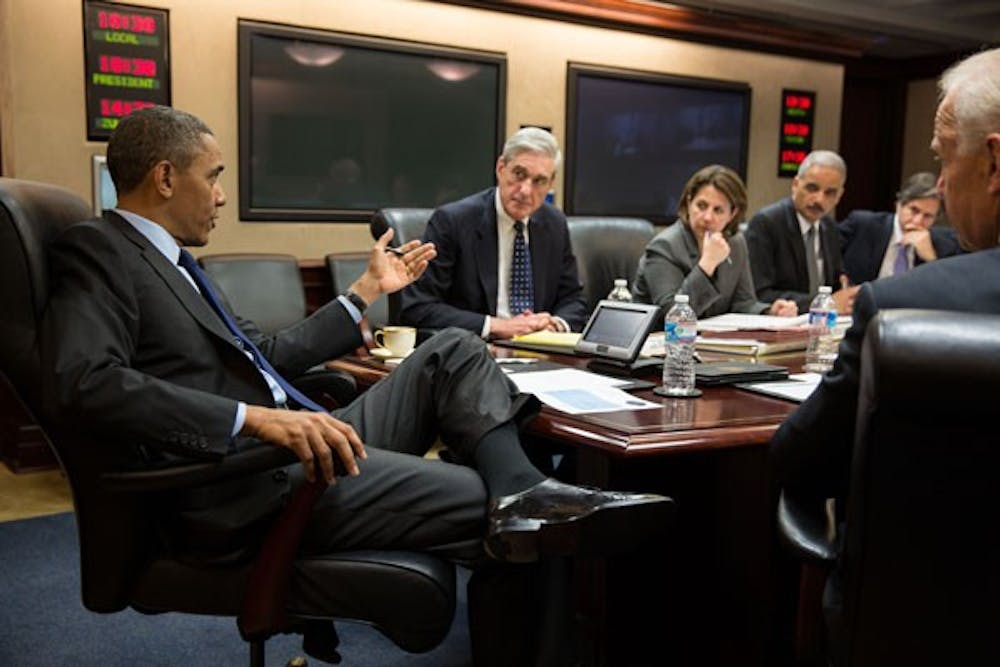Immigration reform bill provides path to citizenship, funds for border fence

A bipartisan immigration reform proposal in the U.S. Senate would radically overhaul the United States' immigration system and provide a path to citizenship for illegal immigrants.
The bill, crafted by the so-called "Gang of Eight," a bipartisan group of senators, would create a path to citizenship for the 11-12 million unauthorized immigrants currently residing in the nation.
Under the bill’s structure, illegal immigrants might become residents after an approximately 13-year waiting period and paying $2,000 in fees. Those who were brought as youths would receive green cards in as soon as five years, after which they would immediately be eligible for citizenship.
The bill allocates an additional $4.5 billion dollars to increase border security; $3 billion of which is appropriated for the surveillance and patrolling of the U.S. Mexico border. The remaining $1.5 billion appropriation is dedicated to the construction of a fence on the border.
Central Michigan University College Democrats Vice President Taylor Gehrcke said the proposal was a compromise where both sides made concessions attempting to create a more secure border while addressing the illegal immigrants already living in America.
“I think it’s a step in the right direction, and (immigration reform) has been in need of (being) taken care of for a while,” the Comstock Park sophomore said.
Vice Chair of the CMU College Republicans Mike Holmes also called the bill a step forward.
“Any type of program that has the ability to create a system in which we, as a nation, can work together with millions of undocumented immigrants seems, at this time, to be the best option,” the Grand Rapids junior said. “Many call this amnesty, but, at this point in our history, this seems to be a logical option; however, basic amnesty is not what this plan calls for.”
Additionally, 250,000 merit-based visas, a special unlimited visa for foreigners to start a business in the U.S., a maximum of 180,000 visas for skilled workers and 200,000 low-skilled worker visas would be allocated to immigrants annually.
Political science professor Orlando Perez said the proposal is a solid starting point on immigration reform.
“Increasing border security and constructing a fence haven’t been efficient so far and will not be in the future,” Perez said. “With that being said, I think (the proposal) is a good first step. It recognizes that you simply aren’t going to deport 11 million people.”
However, these changes in immigration will only occur after additional funding is granted to secure the border and universal electronic employment verification systems are implemented.
“This bill is clearly a compromise,” President Barack Obama said in a Tuesday statement. “And no one will get everything they wanted, including me. (The proposal) is largely consistent with the principles I have repeatedly laid out for comprehensive reform.”



